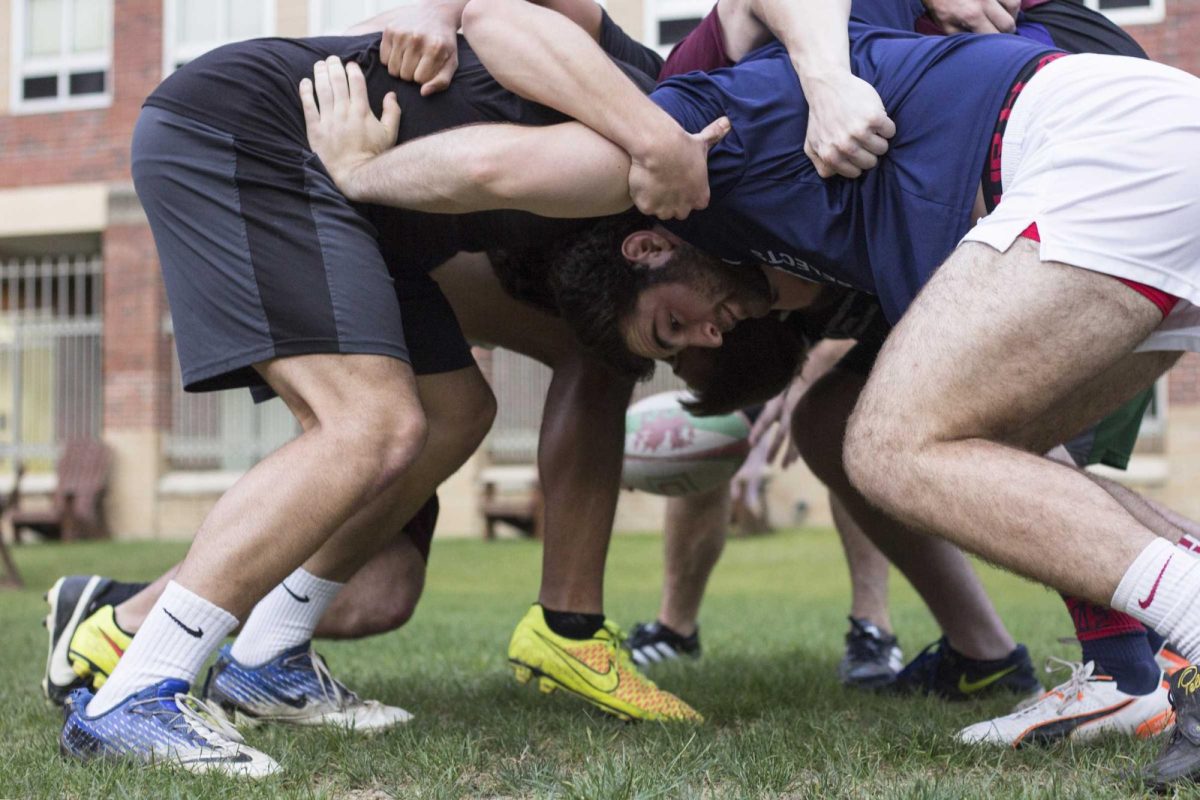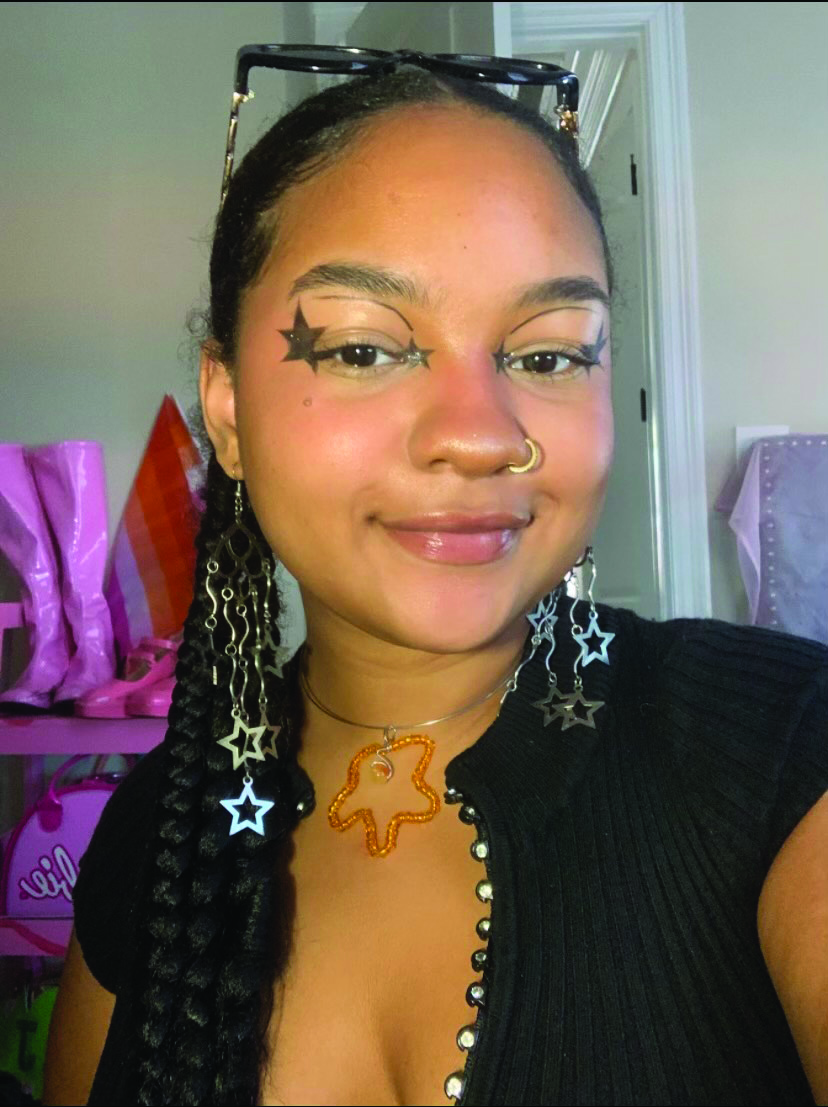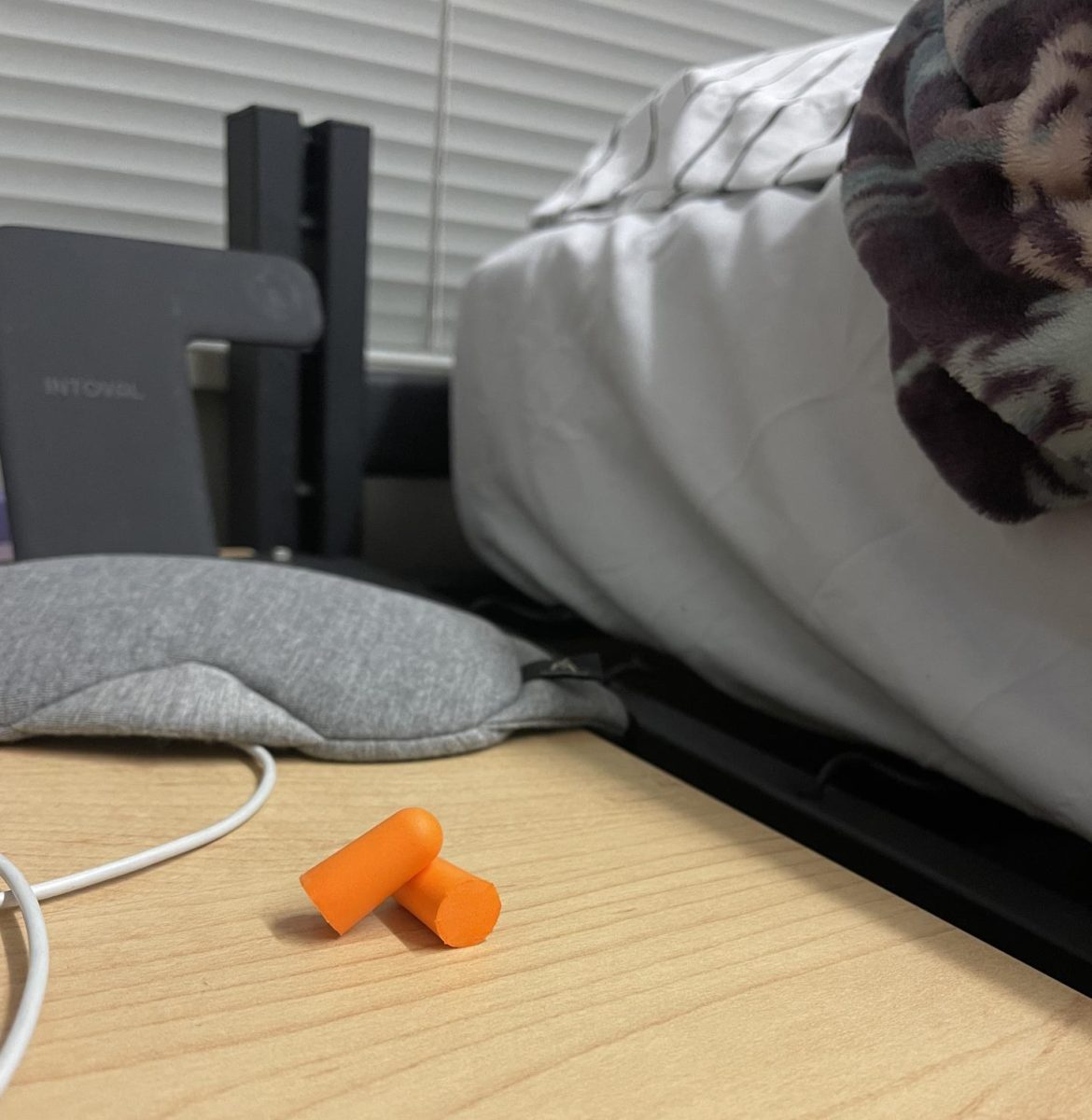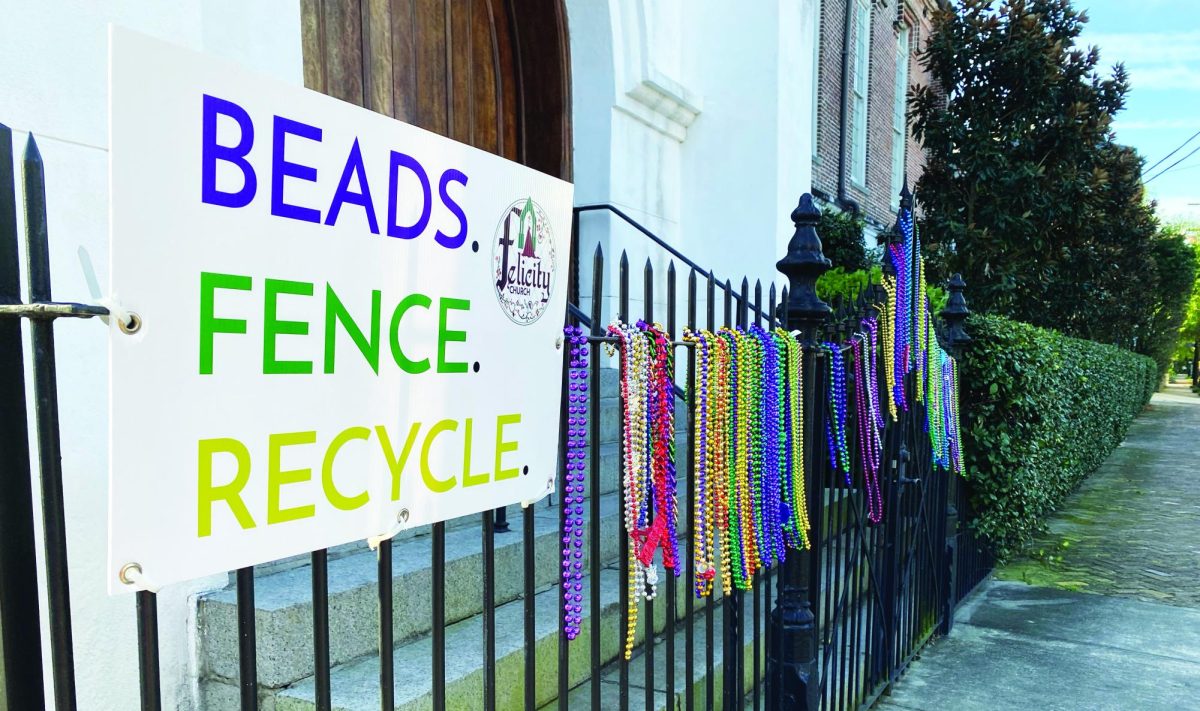I’m gratified to teach at a school that is a world leader in my field. Readers may smirk when I add that this field is New Orleans Studies, feeling perhaps that such a narrow, geographically limited subject is little more than self- indulgent provincialism. Students from New Orleans may feel that it’s better bang for the buck to study places where they haven’t already spent their whole lives, while students from elsewhere may reason that New Orleans is a small place with limited influence on the rest of the world. As has been pointed out by persons as diverse as Ben C. Toledano and Tyler Perry, ambitious people often find greener pastures somewhere else.
But there’s also a great argument for pointing a close analytical eye at the ground under your feet, wherever you are. At graduate school in Chicago, I had a professor who hated the town. He’d left his heart in San Francisco (Berkeley, actually) and found Chicago drab and depressing. I argued with him that he simply hadn’t put forth the effort to get to know the city, meaning he hadn’t thought about it enough or read its history and literature to the extent that his surroundings could convey more meaning. Another point of such study would be to drape the locale in the appropriate, best-suited mythological garb, to facilitate a more satisfying aesthetic appreciation for daily life there.
This last idea, of consciously injecting fantasy as a mode of enhancing experience, is controversial and particularly associated with New Orleans (critics call it “denial”). But there are many other themes associated with New Orleans studies that have wide applications. A well-rounded approach to studying New Orleans would result in a well-rounded apprehension of a much larger, more global terrain. To do it right, French language would have to be a requirement, and Spanish would be strongly recommended. That also means a sense of the worlds created by French and Spanish colonialism in the European metropoles and especially in Africa and the Caribbean. Thus, in order to see clearly the ground under my feet, I need to travel to France, Spain, Haiti, Cuba and West Africa. The long sweep of New Orleans history provides an extended case study of a slow colonial and post- colonial process. This insight struck me when I realized that the routine baguettes of Dakar, Senegal are much more comparable to New Orleans po-boy bread than to the baguettes of France (or Whole Foods).
African-American studies is
obviously a cornerstone of New Orleans studies as well. Black history in New Orleans offers an invaluable ingredient to the study of American race relations. New Orleans shares an often downright gruesome history of racial oppression and brutality with much of the United States, but it offers a useful and inspiring competing narrative seen nowhere else. Afro-Creoles carved out a space of freedom early on and used it as a political power base to fight white supremacy in a more concerted (and black-led) effort than anywhere else in the country. From Reconstruction through Plessy v. Ferguson, New Orleans’ Afro-Creoles were in the vanguard of the American Civil Rights struggle. The tragic erosion of their rights and status over the years is another instructive story. In a century-long process, New Orleanian understanding of race – as beyond simply black and white – morphed into the more typically American patterns of segregation and “one drop rule” racial dualism. This teaches us as much about American race relations as it does about New Orleans.
In the area of gender studies, literary and historical figures from New Orleans present us with unique opportunities for re-evaluating historical roles of women. From Marie Laveau to the great madames of Storyville, New Orleanian women have challenged assumptions about women’s social and political power. New Orleans literature offers an unusually high number of works focusing on women’s lives and aspirations, from George Washington Cable to Grace King to Kate Chopin to Tennessee Williams.
But perhaps the most prescient intellectual question bound up in the complex bundle of symbols that is New Orleans is the whole issue of the distinction (or lack of it) between truth and fabrication, necessity and fantasy (as liberation from necessity). Fictional New Orleans Studies professor Creighton Bernette on HBO’s Treme says that New Orleans, “lives in the imagination of the world.” If so, how does this active imaginary role impact the real existence of the place? Does avid tourist marketing begin to affect residents’ experience of their own home? What is the appropriate role of fantasy in our lives? Here, New Orleans offers challenging prospects for intellectual exploration.
But the best argument for taking a New Orleans Studies course is that it can be a cure to ivory tower distance from the subject of study. The ground under your feet, however muddy, is swarming with life forms and always available for a spirited examination.
Charles W. Cannon is an instructor for the English department. He can be reached at [email protected]
On The Record is a weekly column open to any member of Loyola’s faculty and staff. Those interested in contributing can contact [email protected]


















